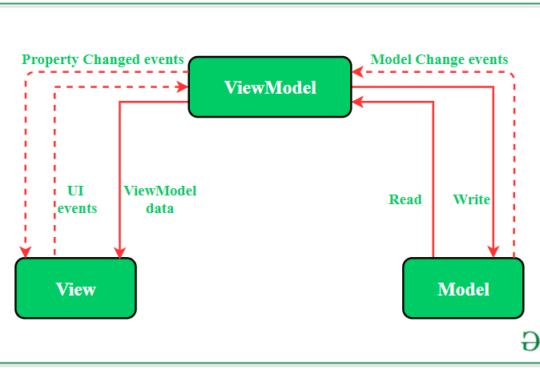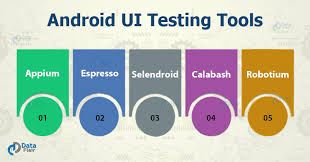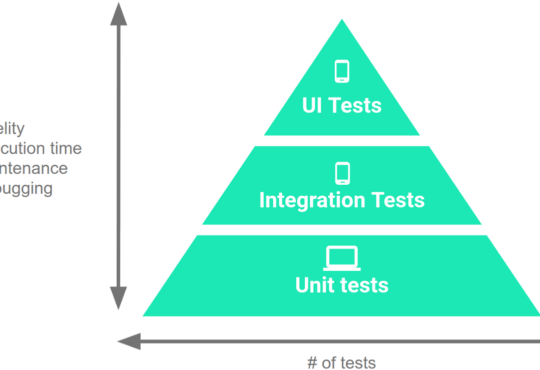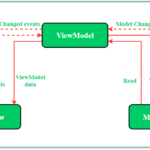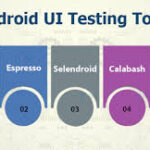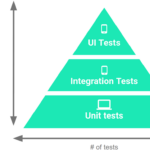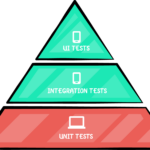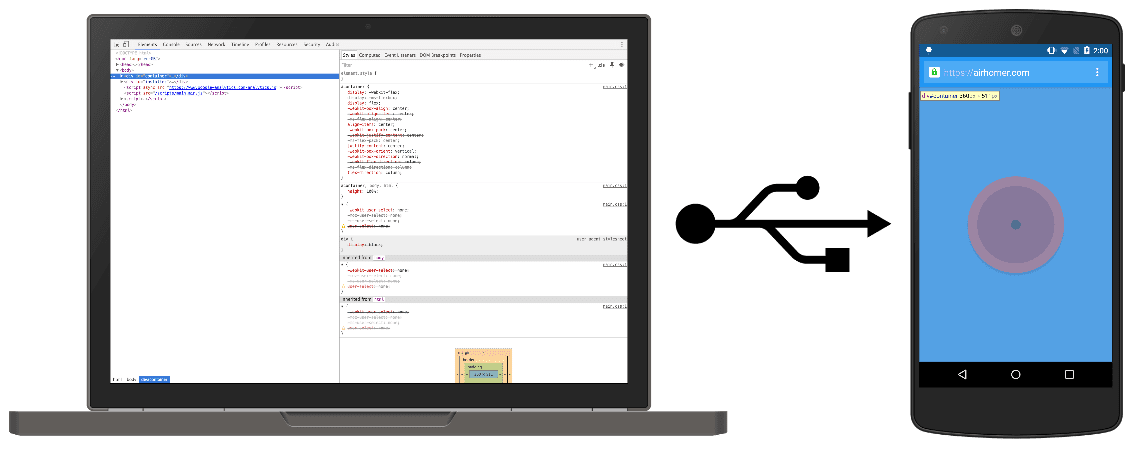
The Importance of Android Remote Debugging
Why Android Remote Debugging is Crucial for Remote Devices
In today’s fast-paced digital world, ensuring that applications run smoothly on a wide range of devices is paramount for developers. Android remote debugging has emerged as a critical tool, especially when dealing with remote devices. Here’s why this practice is so important.
Global Device Accessibility
One of the biggest advantages of Android remote debugging is the ability to access and troubleshoot devices located anywhere in the world. This is particularly useful for developers who need to test applications on various devices that they do not physically possess. With remote debugging, you can connect to a device across the globe as if it were right in front of you.
Diverse Device Ecosystem
The Android ecosystem is notoriously fragmented, with thousands of different device models, each with its own hardware specifications and software configurations. Remote debugging allows developers to test their applications on a wide range of devices to ensure compatibility and performance. This comprehensive testing helps in identifying and fixing bugs that might only appear on specific devices.
Efficient Troubleshooting
When an issue arises on a remote device, reproducing the problem in a local environment can be challenging. Remote debugging enables developers to directly interact with the device experiencing the issue, providing a real-time view of the problem. This direct access simplifies the troubleshooting process, allowing developers to quickly identify the root cause and implement fixes.
Cost-Effective Testing
Maintaining a physical inventory of all possible Android devices for testing purposes can be prohibitively expensive. Remote debugging offers a cost-effective alternative by allowing developers to test on devices owned by others or provided by cloud-based device farms. This approach reduces the need for extensive hardware investments while still ensuring thorough testing.
Enhanced Collaboration
Remote debugging fosters collaboration among geographically dispersed teams. Developers, testers, and other stakeholders can share access to remote devices, making it easier to work together on diagnosing and fixing issues. This collaborative environment accelerates the development process and helps maintain high standards of quality.
Real-World Testing Scenarios
Applications often behave differently in real-world scenarios compared to controlled test environments. Remote debugging allows developers to test their apps on devices in diverse environments, including different network conditions, geographic locations, and user settings. This real-world testing ensures that applications perform reliably for all users.
Rapid Feedback Loop
With remote debugging, the feedback loop between identifying an issue and deploying a fix is significantly shortened. Developers can instantly see the effects of their changes on the remote device, facilitating a quicker and more efficient debugging process. This rapid iteration is crucial for agile development practices and continuous integration/continuous deployment (CI/CD) pipelines.
RobotQA Android Studio Plugin for remote debugging on cloud-based real devices
This plugin is specifically crafted for testing Android mobile applications. Its functionality enables you to assess the performance of your mobile applications on real devices, ensuring accuracy and reliability. Moreover, in instances where debugging is necessary for a particular device, you can utilize this plugin to establish a connection and remotely debug your applications. Access to the live testing page grants you the opportunity to interact with devices as if they were physically in your possession, facilitating comprehensive testing and debugging procedures.
Plugin tutorial link: Github
Conclusion
Android remote debugging is an indispensable tool for modern app development. It provides unparalleled access to a global device ecosystem, enhances troubleshooting efficiency, and offers cost-effective and real-world testing scenarios. By enabling better collaboration and a faster feedback loop, remote debugging helps developers deliver high-quality applications that meet the diverse needs of Android users worldwide. Embracing remote debugging practices not only improves the development process but also ensures a smoother and more reliable user experience, which is ultimately the goal of every developer.


